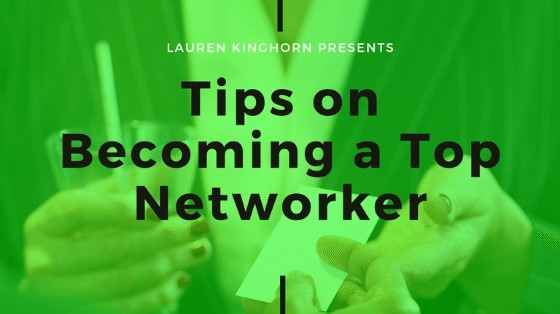Here’s Why Your Career Needs You To Keep On Learning
Why Keep On Learning? You might think that once you leave college, you can close your books and forget about education. After all, you’ve got all of the essential qualifications needed to get your dream job, right? Well, that might be the case, but that’s also no reason to stop learning for good. In fact, […]
Here’s Why Your Career Needs You To Keep On Learning Read More »






